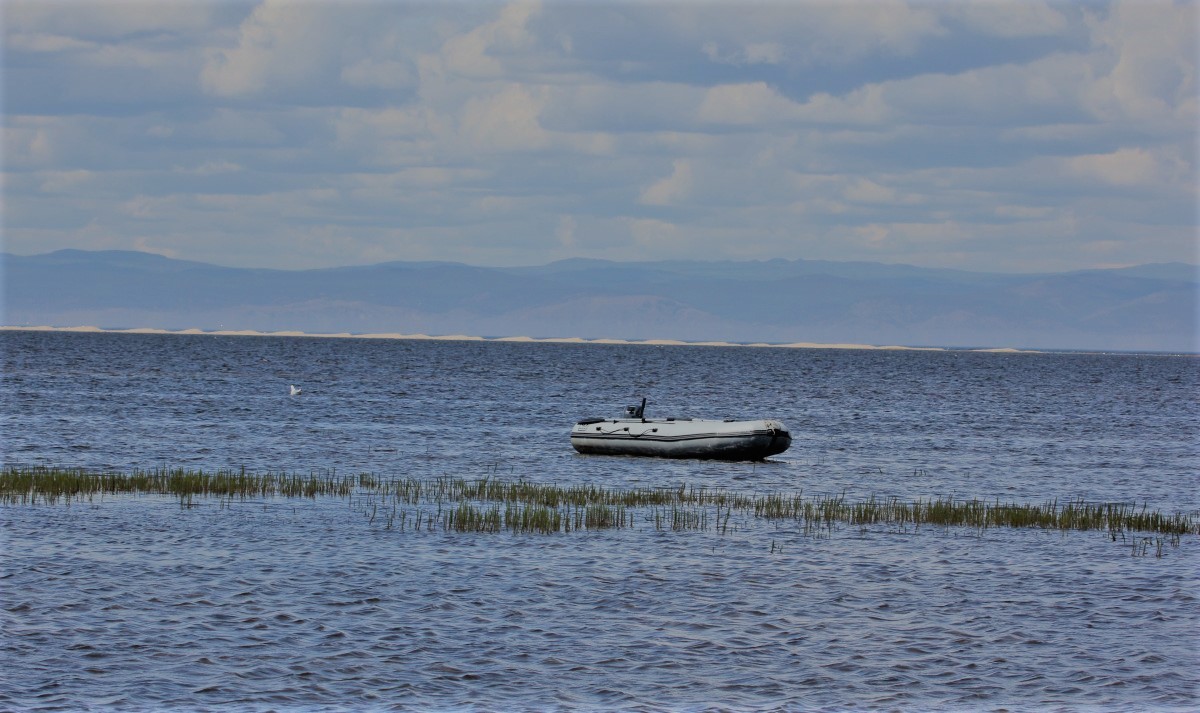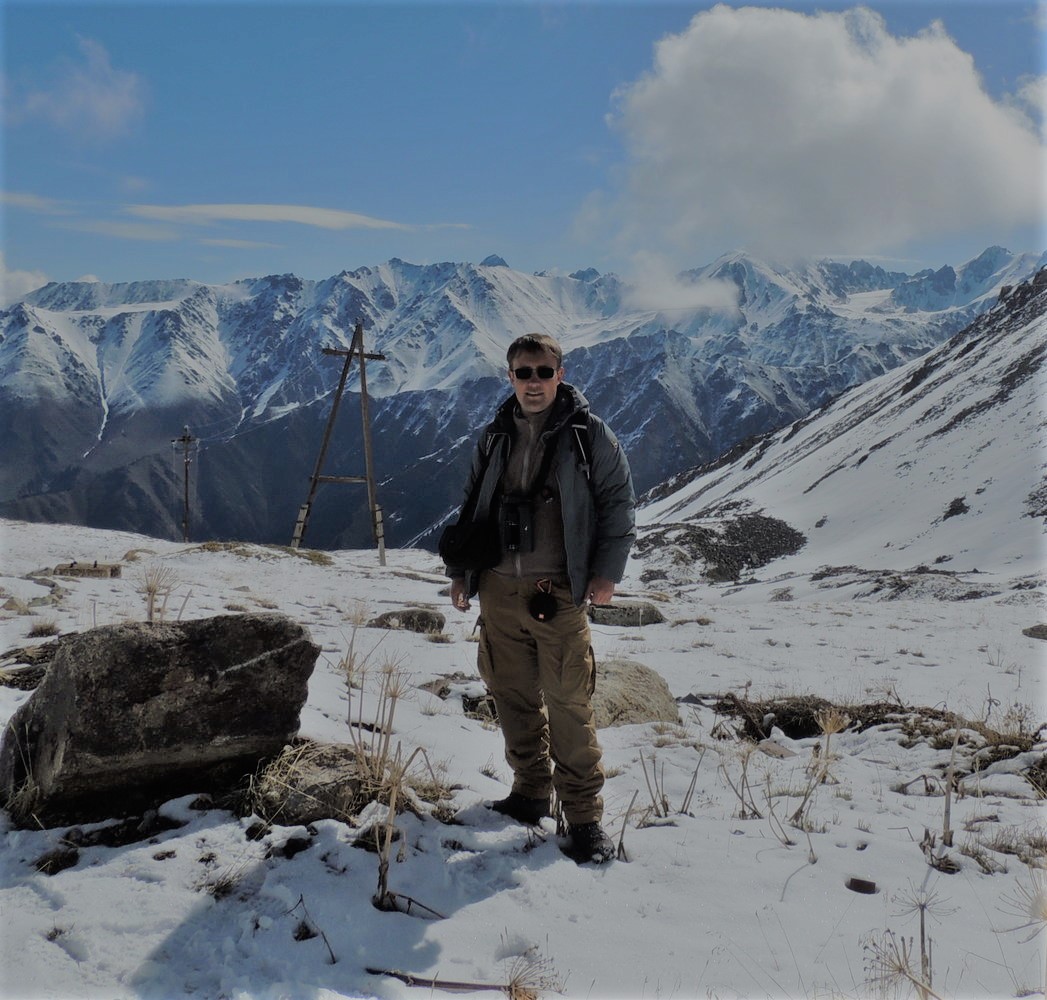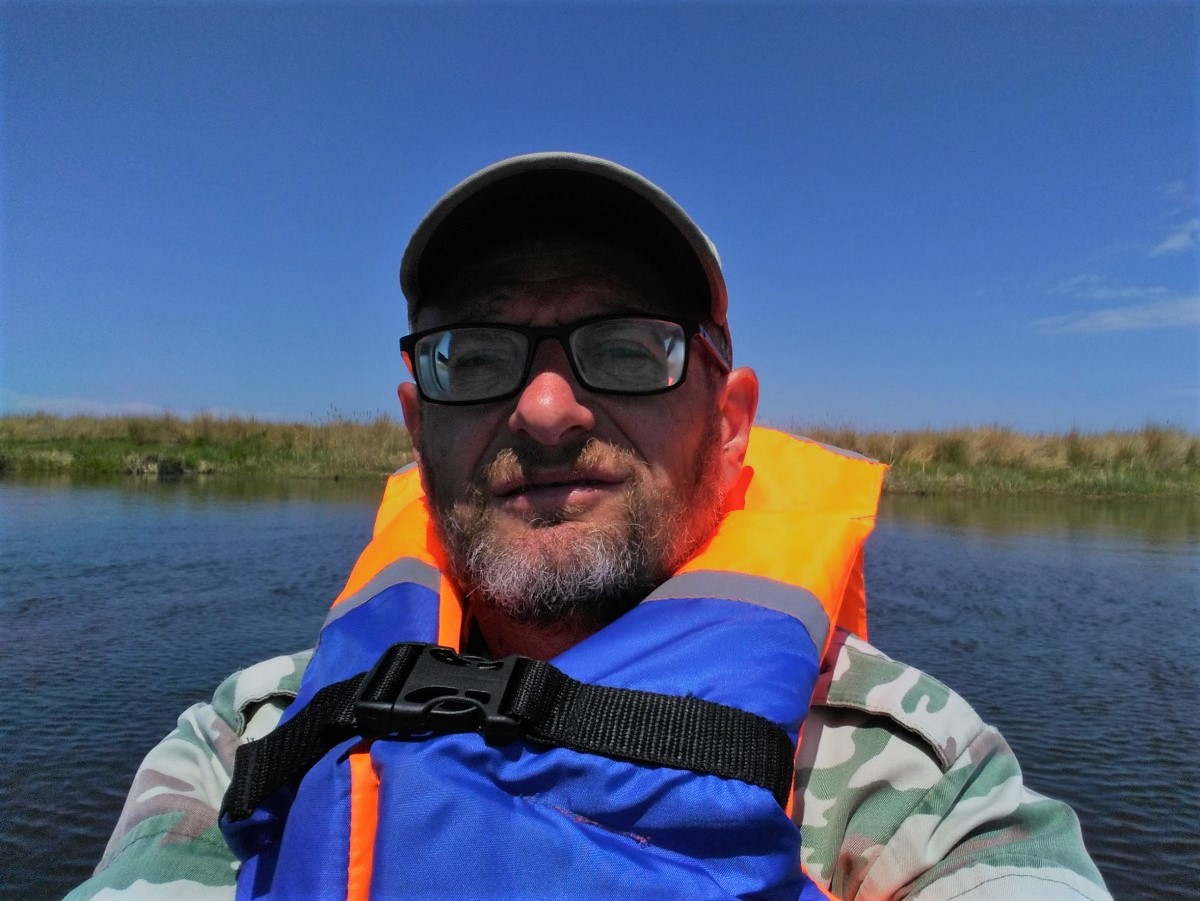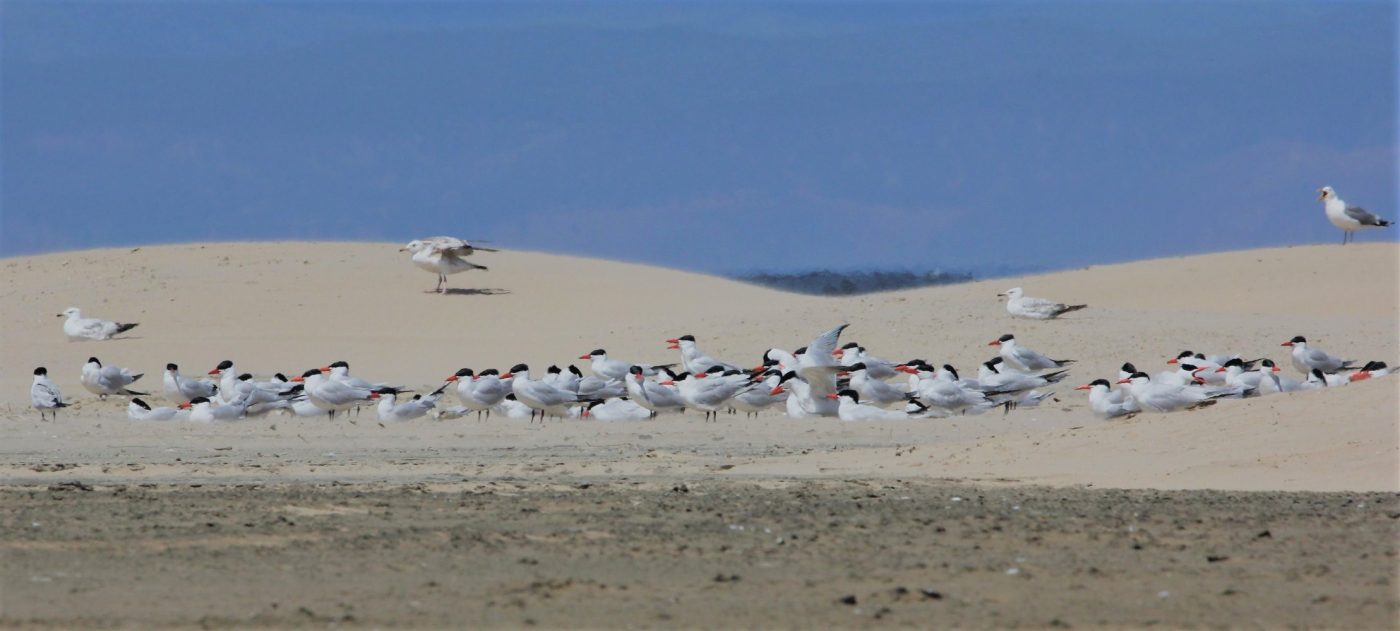As part of the interview with leaders of the winning projects of the «Baikal Initiative» 2018 grant competition, we talked to Alexander Povarintsev, the head of the project «Monitoring of waterbirds in the southern part of Lake Baikal in the long-lasting low-water period», which won the Grand Prix and became 4-th winner of the competition.
You apply for the second time and won. Why do you think your project is leading for the second year in a row?
I suppose that this question should be asked to the Expert Council, which considered the application. However, it is very pleasant that the experts trust in us once again. And we, in turn, will try to justify it.
The rules of the grant competition oblige the winners of the first stage to find co-financing in the amount of 20% of the total sum of their project. Last time you launched a campaign on Planeta.ru, which, as we remember, quickly found a response in the hearts of donors. How will you look for additional funds this year?
Yes, last year our campaign on Planeta.ru was successful, although it cost us a lot of effort! This time, at first, we wanted to attract only our own funds as co-financing, however, having considered the pros and cons, we decided to try again and had already created a new project on the platform. Now the fundraising is just underway. One of the reasons why we decided to repeat our last years’ experience is the opportunity to tell more people about what we are doing. At the same time, we will find out, if our work is interesting for people?

What kind of result do you want to get with the team this year?
We want to advance in our research and get completely new scientific information. New knowledge can help to understand better those environmental processes that are occurring in our region. If the long-awaited international project ICARUS* is finally launched, then we will be engaged in something that no one has ever done in our region. But if our project is successful, it will not be possible to demonstrate the results very soon. First, we need to trace the migration of birds (first moving to wintering grounds, then to nesting sites – in total, almost a year), then we will process and analyze the results, and then prepare serious publications, which is also not done quickly.
* ICARUS is a joint program of the European Space Agency and Roscosmos, the aim of which is to track the migration of animals from the International Space Station (ISS).

What other projects are you working on currently?
Everyone in our team has own work at the universities, largely pedagogical. Now it takes much of the time. Every year I have more and more lessons to conduct and more papers to fill. However, it is often still possible to find time for science. I am studying the migration of carnivorous birds. With students of the Irkutsk State Agrarian University we try to develop research in the field of bioacoustics of birds and the ecology of double nesting birds of the Southern Baikal region. Igor Vladimirovich Fefelov, a specialist in numerous fields, actively participates in educational activities and public life. Maria Pyzhyanova conducts a lot of research on semiaquatic and waterfowl birds on the Small Sea, together with her father, Sergey Vladimirovich Pyzhyanov.
How is science developing in Russia? Why do young scientists lack the funds to implement scientifically significant projects?
The science in Russia develops very unevenly. Unfortunately, there is no reason for much optimism. Different directions develop in different ways, but when some fields disappear altogether, there is nothing left to say. Approaches to financing science are completely different now, hence the shortage. But in fact, funding is not enough. Motivation, demand, and vision of the research front and strategic perspectives are equally necessary. Everything is important in complex! But in practice, all at once is not enough.
Are there the same people in your team this year?
Sure. Everyone has an own section, but the general direction is the same: to deepen research on Baikal water birds and at least partially return those positions of water birds that, unfortunately, were lost in the post-perestroika period. Plans for the upcoming year are very promising. We are very lucky that our team has a scientist-ornithologist Igor Vladimirovich Fefelov. Igor Vladimirovich is actively engaged in the popularization of knowledge about the birds of our region, mainly through Internet sources and social networks. Often, he writes about problems with the birds of Baikal and about possible ways to solve these problems. Such work helps a lot and draws attention not only to our project, but also to the problems on Baikal as a whole.

What do you personally do, or would you do to save the lake besides scientific activities?
Personally, I work with students, I teach many courses related to nature conservation and environmental management, and in each course, I cite the example of Baikal. I try to show the fragility of its ecosystem and the irrationality of many actions that have been and are being carried out with the lake. In general, I try to teach people to think first and then do. Several years ago, I participated in the composition of the working group in the inventory of regional natural monuments and the creation of protected areas. So, there were many monuments related to Baikal. I remember that creating projects of protected zones they tried to make them as large as possible and give a weighty rationale for this. It is a pity that the establishment of the boundaries of monuments and protected zones according to our projects is progressing very slowly now. All this time in most cases unique natural objects aren’t protected by anyone, and the land needed to create protected zones continues to be owned and leased.
And, if I am on Baikal, I try to never leave anything there. I take all the garbage with me. I started with myself, and have been doing it this way for a long time.
***
You can HELP the water bird monitoring project to collect additional funds on Planeta.ru.
The results of the expedition of water birds monitoring, which took place in the summer of 2018, can be found here.


